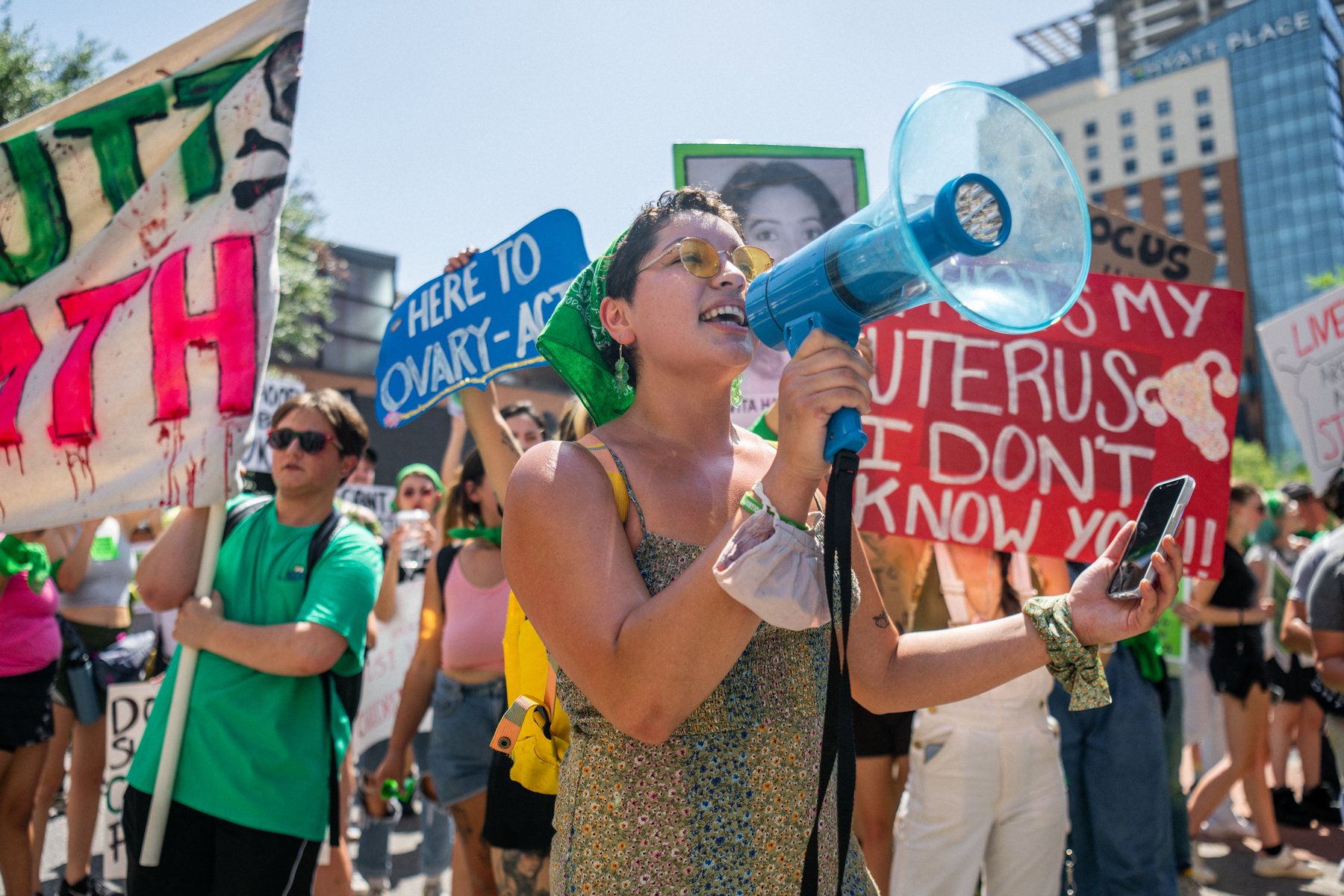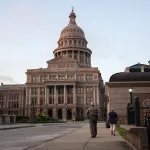Tens of thousands of young people — single people, in particular — have left states with near-total abortion bans.
A new paper by the National Bureau of Economic Research, a nonprofit economic research organization, estimated population changes by analyzing address-change data collected by the United States Postal Service. It found that since the 2022 fall of Roe v. Wade, the states with near-total abortion bans — 13 at the time of the analysis — appear to have lost 36,000 people per quarter. Single-person households, which typically skew younger, were more likely to move out of states with bans.
“Our results show that reproductive rights policies can significantly affect where people choose to live,” the researchers wrote.
Prior to Roe’s overturn, states that would eventually ban abortion were actually losing fewer residents than states that would continue to protect it, a gap that grew during the COVID-19 pandemic. Though the difference began to narrow in 2021, it wasn’t until Roe fell — and states began to enforce abortion bans — that people started leaving anti-abortion states in larger numbers. If the measured impact of abortion bans continues over another five years, the researchers found, it would have the same effect on migration as a 10 percent increase in crime.
The data also suggested that states with perceived “abortion-hostile” policies — a term the researchers used to classify states that had enacted bans that were blocked by courts, such as Ohio and Utah; those with strict bans, such as Florida and Georgia, which have six-week bans, and Arizona, which had a 15-week ban; and Pennsylvania, which is listed as hostile by the Center for Reproductive Rights, a legal advocacy organization — also saw a population loss.
The loss of young people has particular implications for a state’s economic trajectory.
“States with abortion bans may face challenges in attracting and retaining workers, especially younger workers who represent future economic potential,” the paper said. “These population flows and demographic shifts could affect a wide range of economic factors from tax bases to housing markets to the availability of workers in key industries.”
Anecdotal evidence has already shown people reconsidering where to live, work and study based on abortion bans — particularly health care providers who have left states with bans and restrictions that could affect their ability to provide care, and college students who have indicated a preference for studying in places where abortion is protected.
Research has shown that people with higher education levels are more likely to support abortion rights and have the resources to move. If these trends persist, states could become increasingly unequal, the researchers wrote, with more educated and affluent people clustering in states with abortion protections, and those with less education and lower incomes staying in places with bans.






